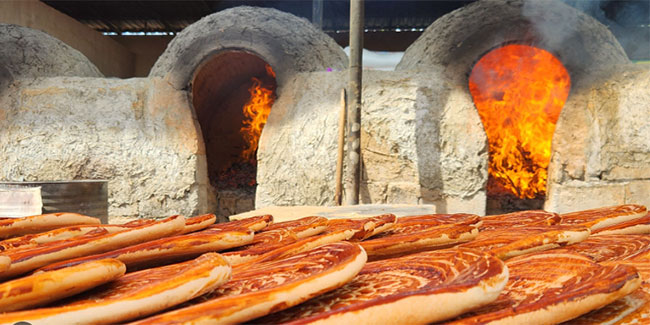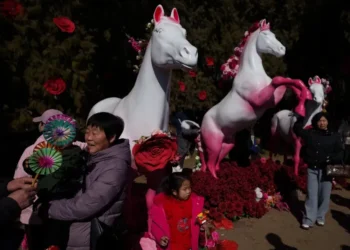Fergana: Uzbekistan’s Hidden Culinary Gem
Nestled in the heart of Central Asia, the Fergana Valley is celebrated as Uzbekistan’s “food basket,” a title well-earned due to its agricultural abundance and rich culinary traditions. For centuries, this fertile region has provided the country with a wide array of vegetables, grains, and its prized national fruit—the pomegranate. More than just a source of sustenance, food in Fergana is deeply intertwined with its history, culture, and identity.
A Region Shaped by Nature and Ingenuity
Situated along the Syr Darya River, which stretches over 2,000 kilometers, the Fergana Valley benefits from a favorable continental climate of hot summers and mild winters. This geographic and climatic advantage, combined with human ingenuity, transformed the semi-arid land into a thriving agricultural oasis. The valley’s fertile soil has made it one of the most densely populated areas in Central Asia, with its culture and cuisine flourishing in harmony with its environment.
The Cultural and Culinary Significance of Pomegranates
Among Fergana’s many agricultural treasures, the pomegranate holds a special place. Revered since pre-Islamic times, it symbolizes renewal, wealth, and good fortune. The fruit features prominently in Zoroastrian mythology and contemporary celebrations like Nowruz, where it is seen as an omen of prosperity.
In Fergana, pomegranates are not only steeped in folklore but are also culinary staples. Locally grown in areas like Kuva and Namangan, these fruits can weigh over half a kilogram and are prized for their vibrant color and tangy flavor. They are often used to enhance traditional dishes such as plov, Uzbekistan’s signature slow-cooked rice dish, which combines meat, onions, carrots, and spices. The addition of pomegranate seeds provides a refreshing contrast to the dish’s rich, savory flavors.
Plov: A Dish That Tells a Story
Plov is much more than a meal in Fergana; it is a reflection of the valley’s history as a crossroads of cultures. Ingredients like cumin and black pepper, introduced via the trade routes that once crisscrossed the region, underscore its international influences. Cooking plov is often a communal activity, fostering bonds and a sense of unity among participants. Visitors can savor this iconic dish at bustling markets and traditional restaurants across the valley.
A Culinary Capital Worth Discovering
Fergana’s legacy as a cultural and culinary hub is evident in its vibrant markets, brimming with fresh produce, and the age-old recipes passed down through generations. The region’s cuisine encapsulates the essence of Uzbekistan’s identity, blending natural abundance with stories of resilience and community.
Whether it’s the juicy sweetness of a pomegranate or the warm camaraderie of a shared plov, the Fergana Valley invites travelers to experience the flavors and traditions that have made it a secret food capital of Central Asia.
This article was rewritten by JournosNews.com based on verified reporting from trusted sources. The content has been independently reviewed, fact-checked, and edited for accuracy, neutrality, tone, and global readability in accordance with Google News and AdSense standards.
All opinions, quotes, or statements from contributors, experts, or sourced organizations do not necessarily reflect the views of JournosNews.com. JournosNews.com maintains full editorial independence from any external funders, sponsors, or organizations.
Stay informed with JournosNews.com — your trusted source for verified global reporting and in-depth analysis. Follow us on Google News, BlueSky, and X for real-time updates.














